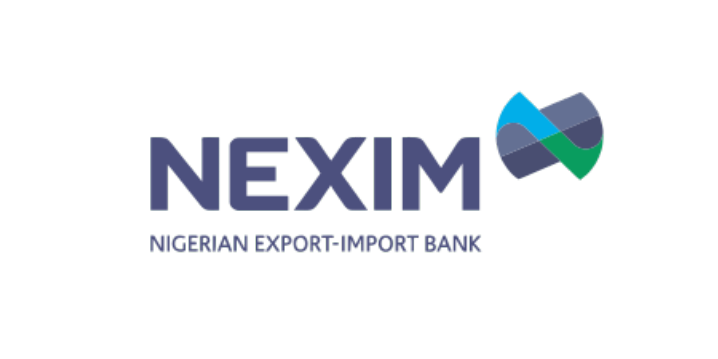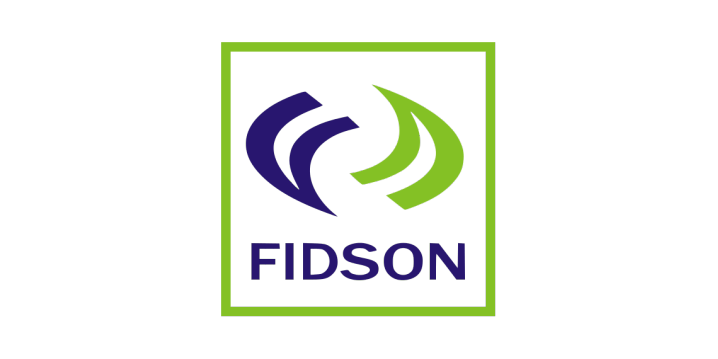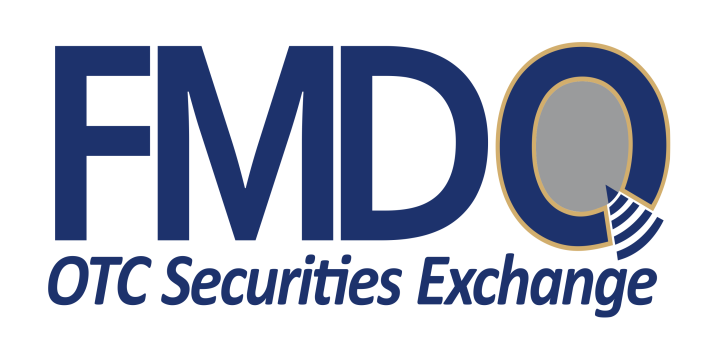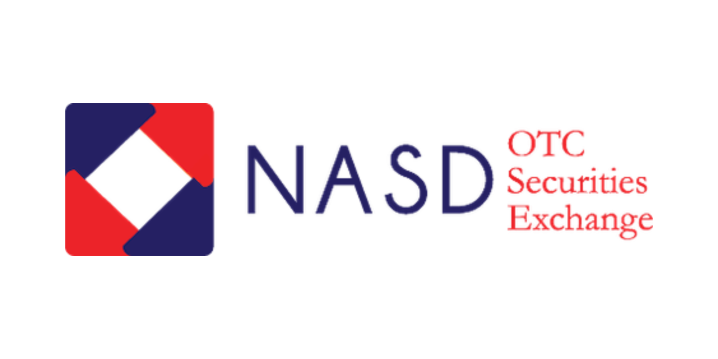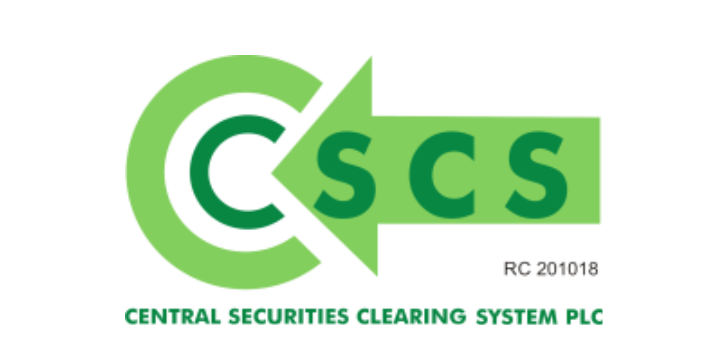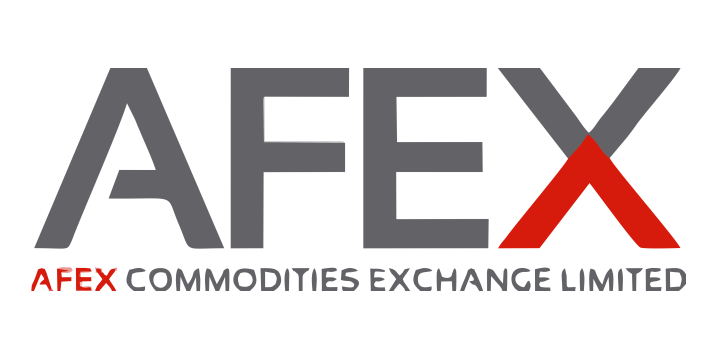New12:31Investors gain N70bn as stock market inches up by 0.30% https://stocksng.com/investors-gain-n70bn-as-inches-stock-market-inches-up-by-0-30/12:31Nigeria’s Finance Act 2021 – Top 10 Changes
Taiwo Oyedele – Partner, PwCThe 2021 Finance Bill was signed into law by the Nigerian President on 31 December 2021 and takes effect from 1 January 2022. Below are the top 10 changes:1. Capital gains tax at 10% is chargeable on the disposal of shares worth N100m or above in any 12 consecutive months except to the extent that such proceed is reinvested in the shares of any Nigerian company.2. The education tax payable by Nigerian companies has been increased from 2% to 2.5% of assessable profits.3. Companies engaged in educational activities are now subject to corporate income tax regardless of whether such activities are of a public character.4. A science and engineering levy of 0.25% of profit before tax is payable by companies engaged in banking, mobile telecommunication, ICT, aviation, maritime, and oil & gas with turnover of N100m and above.5. FIRS to assess, collect and enforce the payment of Nigerian Police Trust Fund levy. The tax was introduced in 2019 at the rate of 0.005% on the net profit of companies operating in Nigeria.6. Imposition of excise duty at N10 per litre on non-alcoholic, carbonated and sweetened beverages. This could translate to an increase in the retail price of products by up to 5% with lower end products bearing higher burden.7. The reduction of minimum tax rate from 0.5% to 0.25% of turnover (less franked investment income) will apply to any two accounting periods between 1 Jan 2019 and 31 Dec 2021 as may be chosen by the taxpayer.8. FIRS may assess tax on the turnover of a foreign digital company involved in transmitting, emitting, or receiving signals, sounds, messages, images or data of any kind including e-commerce, app stores, and online adverts. Such companies are also obliged to charge, collect and remit VAT to FIRS.9. Only FIRS is to be responsible for the administration, assessment, collection, accounting and enforcement of taxes and levies due to the Federation, the Federal Government and any of its agencies except otherwise authorized.10. All tiers of government are now empowered to borrow for “critical reforms of significant national impact” in addition to capital expenditure and human development.
source: https://businesspost.ng/economy/buying-interest-in-cscs-extends-gains-at-nasd/






